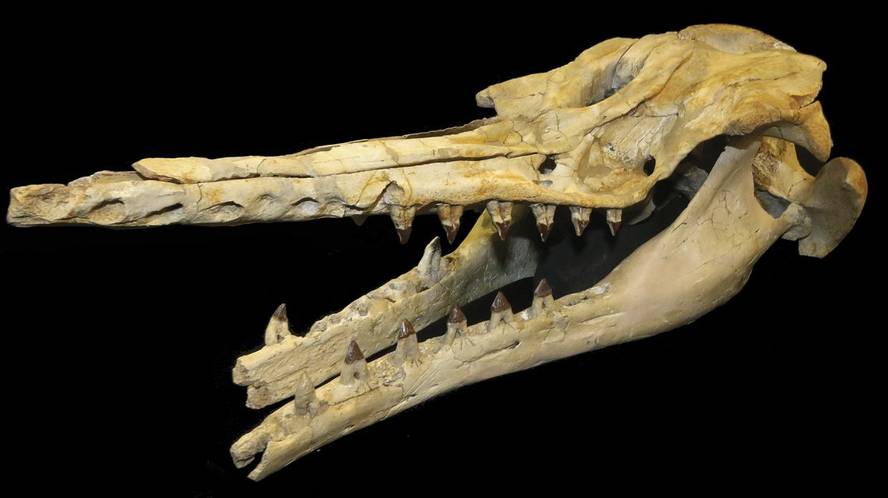Early echo of whales in a fossil mental bone

Thanks to a fossil whale of 28 million years, a group of researchers has found that the eco-accumulation of cetaceans developed very early, according to the journal Nature. The study of the anatomical characteristics of the fossil found in California, of new species Cotylocara macei, oligocene, has revealed its adaptation to the use of ecolocation, as indicated by changes in bone density and air cavities.
The discovery was made by a team of researchers from the School of Osteopathic Medicine of the Institute of Technology of New York. According to them, the fossil found belongs to an extinct family that separated at least 32 million years ago. This would mean that a primitive form of ecoloquiation evolved before separating the whales from the Cotylocara family from the common ancestor of today's toothed whales, between 32 and 35 million years ago. The researchers highlighted that the discovery of the fossil has placed the evolution of the eco-location at a time when the diversification of the whales was taking place, "the size of the body of the whales that were being modified at that time, the relative size of the brain and the feeding patterns", they say.





